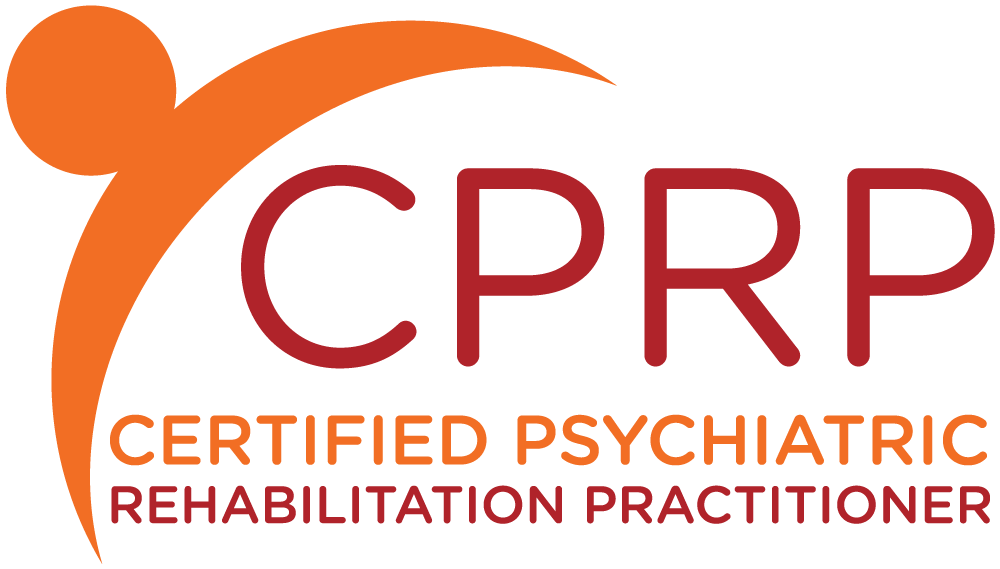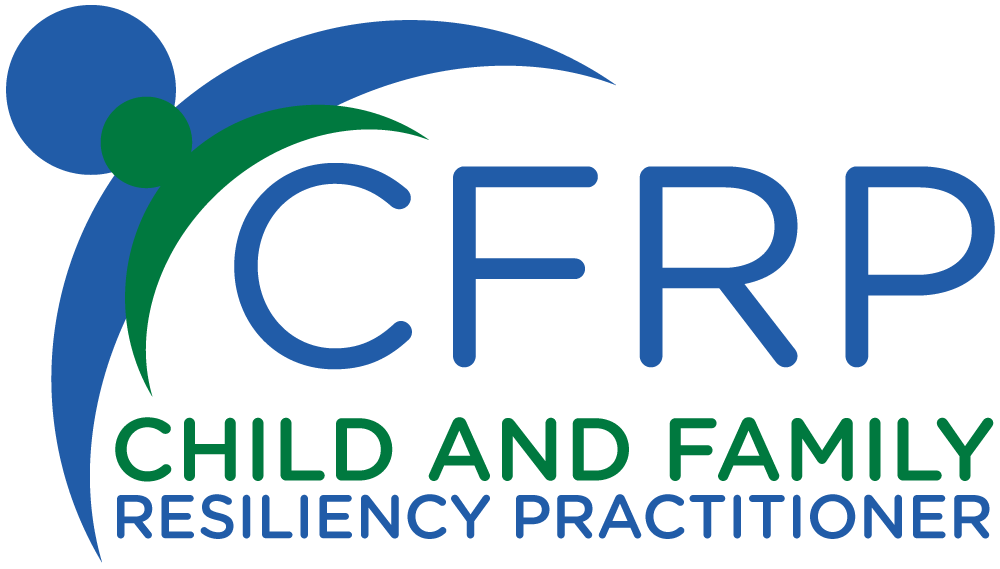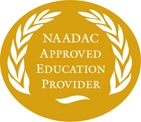Description
This training will provide an overview of the research supporting the clear linkage between traumatic exposures & substance abuse/addictions. Discussion will include the treatment implications of viewing addictions solely as a brain disease vs. desperate attempt to cope with overwhelming pain and distress. A “Trauma Informed Inventory” will be introduced as a framework that guides the development of skills and strategies to intervene with people who are “dually diagnosed”. The importance of enhancing resiliency in service users by helping expand their circles of support will also be reviewed.
Date Recorded: October 24, 2017, 2:00 PM - 3:30 PM (EDT)
Learning Objectives
- Define the link between traumatic exposures & Substance Abuse
- Cite three differences between models that view SUD's as a disease vs. coping with distress
- Discuss ways we might better educate and empower people experiencing SUD's
- Correlate Adverse Childhood Experiences (ACE's) & SUD's
- Identify three trauma informed interventions that can be used to better support people with SUD's
Level
- Intermediate
Course Completion Requirements
In order to complete this course, participants must view the presentation, successfully pass a post-test, and submit an online evaluation. Upon completion, CE Certificates will be available to print directly from the site.
Registration and Refund Policy
Please click below to register for the course. The cost of registration $35 for PRA members and $55 for nonmembers. If your employer is a PRA organizational member with access to reduced rates, you will see that price in the cart.
Your purchase is final. If you believe you are eligible for a rate you do not see in the cart, DO NOT complete your purchase; instead, please email info@psychrehabassociation.org for assistance.
Instructor(s)
Wayne Munchel, LCSW
Wayne Munchel has been involved with youth and young adult programs for the past 20 years. As an Independent Consultant, he is currently providing trainings and program development to TAY and Recovery model programs for adults with serious mental health conditions. He has worked extensively with Stars Behavioral Health Group as the Director of TAY (Transition Age Youth), and the Stars Training Academy in developing and training the Transition to Independence Process (TIP) model. Mr. Munchel has over 30 years of experience working in the mental health field and was one of the original staff of The Village, an innovative recovery model program serving adults with mental illness. Mr. Munchel recently developed the TAY FSP Tool Kit in collaboration with the California Institute of Mental Health. He received his Masters in Social Work from UCLA in 1986.
Mr. Munchel was the founder and Director of the Mental Health Associations’ Transition Age Youth (TAY) Academy from 2000 to 2009. The model program helps young adults (ages 18 to 25) with psychiatric disabilities obtain housing, employment and educational opportunities and learn independent living skills. The TAY Academy serves 100 young adults in the Long Beach community and was identified as a promising practice by the Department of Labor.


 The Academy of Psychiatric Rehabilitation and Recovery, provider #1975, is approved by the Psychiatric Rehabilitation Association (PRA) to provide continuing education to Certified Psychiatric Rehabilitation Practitioners (CPRPs) and CPRP candidates.
The Academy of Psychiatric Rehabilitation and Recovery, provider #1975, is approved by the Psychiatric Rehabilitation Association (PRA) to provide continuing education to Certified Psychiatric Rehabilitation Practitioners (CPRPs) and CPRP candidates.
